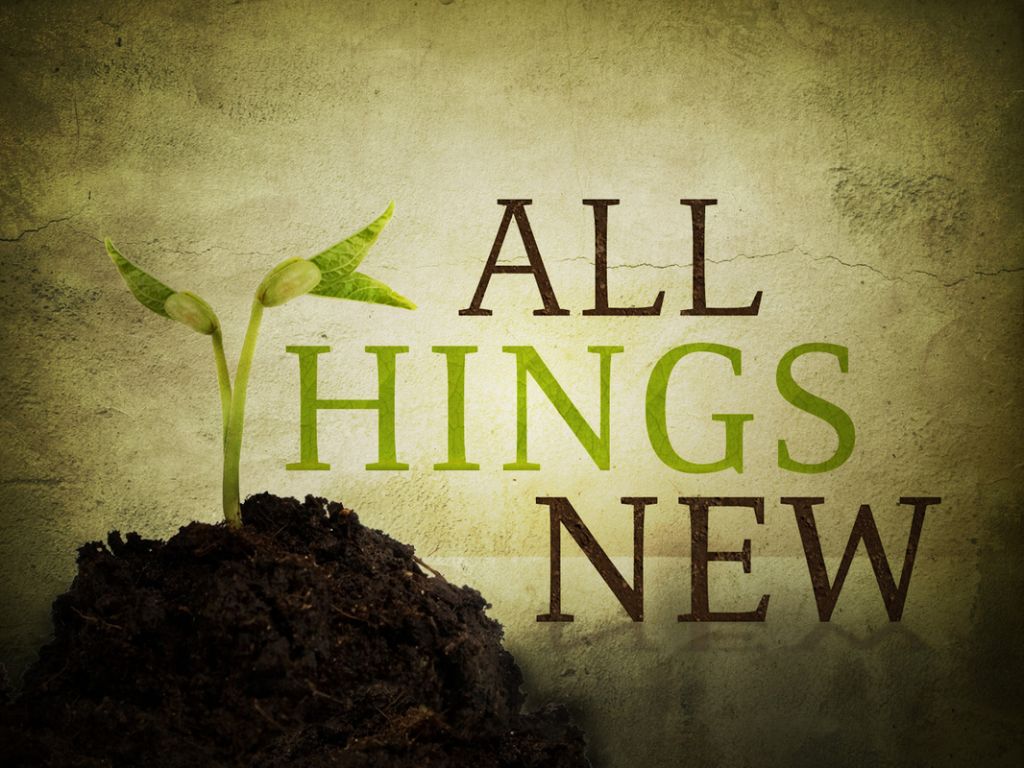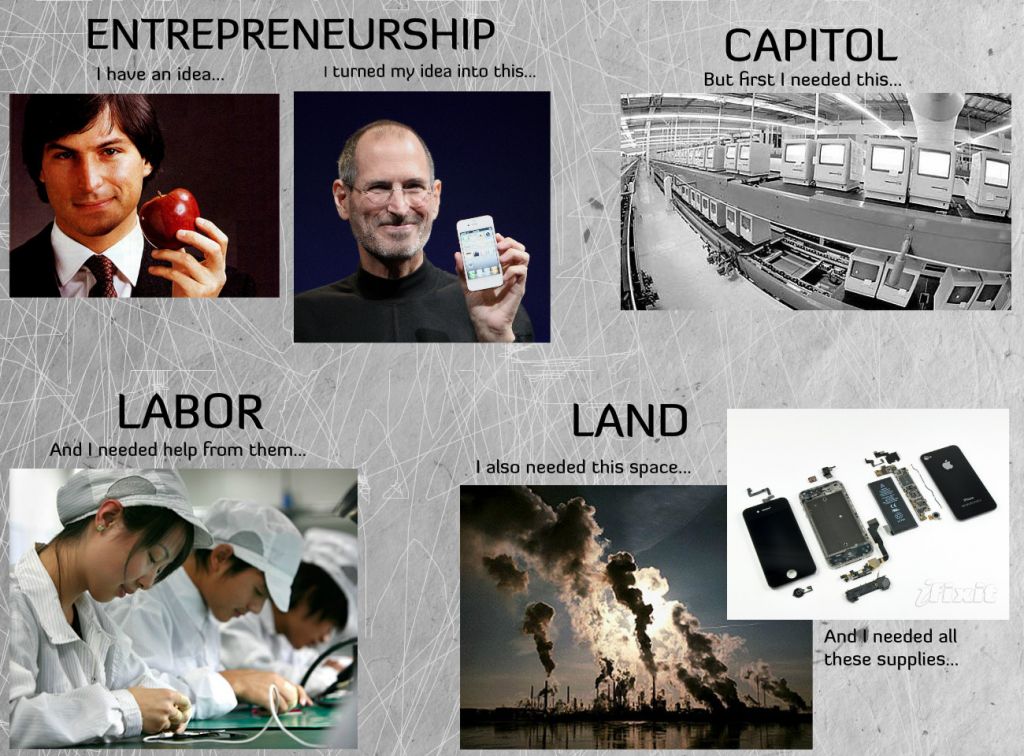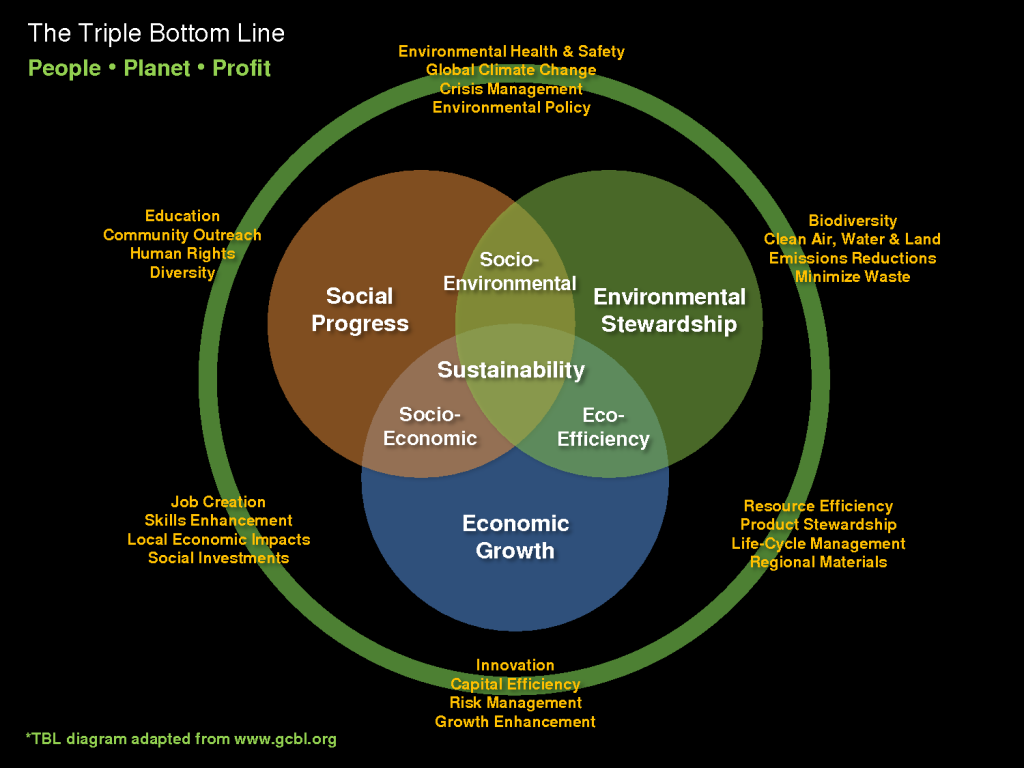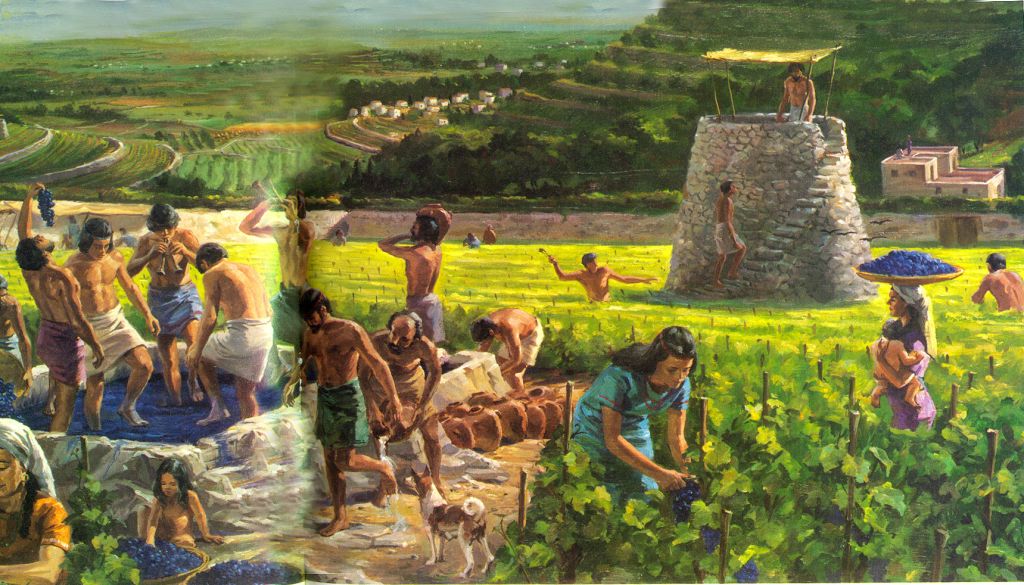
20 Mar 2015 by Jason Law CM –
The topic of economy and stewardship is seldom talked about in churches or by Christians today but it is one of the most important areas of our lives. It affects the environment we are in, it either has the ability to build up lives or destroy them, and when boiled down to its essentials, it is the very management of every resource that God has blessed men with.
Realizing this, last weekend, on the 12th-14th of March 2015, HISTEAM organized a Kingdom Economy for Social Change workshop, in which Dr Benjamin Quinones, Jr, shared his expert opinions on the matter. In his first presentation, Dr Benjamin shared about the Kingdom Economy as a way of life.

He opened by recognizing that money, economics, and wealth creation is not a popular topic in churches. It may be that the topic is taboo, or it may be that Christians simply find it boring or irrelevant when it comes to the spiritual life. In a list of survey results of topics seldom preached in church (published in Your Church Magazine) the topic of money ranked at an astoundingly low 3%, even lower than topics like hell, the doctrine of election, women’s role in church and home, war, homosexuality and abortion, and politics.
Money, however, is an important issue in life. Today, most people cannot function in society if they are penniless. The fact is, whether we like it or not, money is a necessary part of life. Nevertheless, the Bible has also taught us that there is an authority when it comes to economy, money, and wealth creation.

Man’s eternal destiny, according to God’s purpose, is to dwell with Him in the Kingdom of God, by adoption through Jesus Christ. The Kingdom of God and the Worldly Kingdom cannot mix. This is the dilemma of the born-again Christian, forced to confront daily the Pillar of Business & Economy that is controlled by the worldly system.
In Matthew 25: 31-46, Jesus gave a forewarning about the final judgment. In that forewarning, He imparted about the separation of the ‘Goat’ nation from the ‘Sheep’ nation. What distinguished the two types of nations from each other? One side, the Goat nation, is those that are egocentric, greedy and proud. The ‘sheep’ nation, on the other hand, is compassionate and has a heart of Godly love and concern for the abused and defenseless around them. In 2 Corinthians 5:17, we are reminded again that anyone who is in Christ is a new creation.

Dr Benjamin shared that today’s economic systems has been subverted by greed and self-centeredness. Whether you are a capitalist or socialist makes no difference. In one, it’s all about private ownership, in the other, state ownership. If we are Christians, we know that this orientation is wrong. We know that God is the creator and sustainer of the Earth which means He is the source and rightful owner of everything, and that the principle of men as stewards means we need to cling to the vine. This is the Godly way to economic abundance.
In the Biblical Economic System, there is an outward flow of stewardship and compassion, and you can find a complete system of property stewardship in Matthew 25:14-30 and Genesis 41. Our vision must be that of Godly people above such things as mere planet exploitation or utilization and profit. It requires us to contend against the worldly kingdom. How do we do so?

We contend against the worldly systems by warring in the Spirit. The Spirit of God is powerful and has the ability to destroy fortresses of every system and thought that is raised up against the knowledge of God. It empowers us by making every thought captive to the obedience of Christ. Dr Benjamin cautioned that in our enthusiasm, we must also not fall into the trap of legalism. He pointed out that legalists believe in and demand a strict literal adherence to rules and regulations, a doctrinal position that is essentially opposed to grace.
The Economist’s Approach and the Hebraic Approach
Three sets of case studies were presented; in the first seminar, that of Ancient Israel. Ancient Israel was a case of social solidarity economy guided by God’s law. The belief system in Ancient Israel led to their laws on labor, land, capital, and technology. In his presentation, Dr Benjamin showed how the Economist’s Approach differs from that of the Hebraic Approach.

Under the Economist’s Approach, the basic premise is based upon output as a function of factors of production such as land, labor, capital, raw materials and technical knowledge. These factors are in turn influenced by other factors like the psychology of repressed groups, entrepreneurship, and “X” efficiency.
The Hebraic Approach agrees that factors of production are important at the production level, but recognizes an even more important element: God. Under this approach, God inhabits all elements; hence each element has integrity of its own and must be treated with respect. The Hebraic Approach is the original “Triple Bottom Line” approach in which social, environmental/ecological, and economic/financial factors are equally significant and given equal weightage.

In the Economist’s Approach, the way to optimum output and maximum profits is “survival of the fittest” and exploitation of the factors of production. In the Hebraic Approach, theology pervades the legal system, compelling the legal system to intervene throughout society. When people relate to each other and to material things, theology through laws will intervene.
The Israelites descended from common forefathers, belonged to one community, and they were God’s chosen people. They were co-stewards of the land God gave them. They had a community economy.
Impact of Hebraic Laws on Economic Development of Ancient Israel
Ancient Israel had wide-ranging sets of laws that governed over issues of employed labor, slave labor, land, capital and technology. In his presentation, Dr Benjamin gave a comprehensive look into these laws, but for the purpose of this article, I will not go into them. Certain characteristics however stood out.
With court systems, property rights, access to international markets, and an ability to save in the form valued silver currency, ancient Israel was not primitive. Labor market was oriented towards the short-term and laws prohibited lending to fellow Israelites for a real return. Community cohesion factors took priority over economic ones.

As a people, ancient Israel never seemed to hope for the economic riches of their neighbours. Nor did they think that God promised them wealth. They had only been promised power to answer questions like those posed by Kant a few thousand years later:
Who were they? They were people of Israel, chosen by God.
What ought they do? Do justly, love mercy, and walk humbly with God.
What may they hope? To dwell as people in safety.
They could answer the questions. They could walk humbly in their land. And humility did not include rapid economic growth. Is this even practical for us today? Dr Benjamin also shared about many feasible modern-day Social Enterprise Approaches that has taken this central concept, and done wonders in healing the community and economic systems all over the world.
|Share The Good News|
Note: This article is a written expression of one of Dr Benjamin’s sharing in HISTEAM’s Kingdom Economy for Social Change workshop. It is guided by the notes provided by Dr Benjamin. Pictures of Dr Benjamin Quinones, Jr. kindly provided by HISTEAM.




Leave a Reply